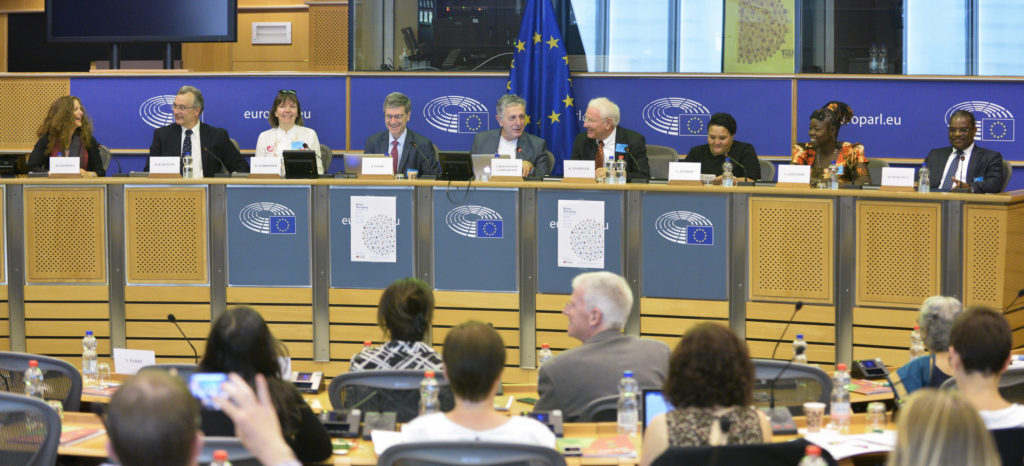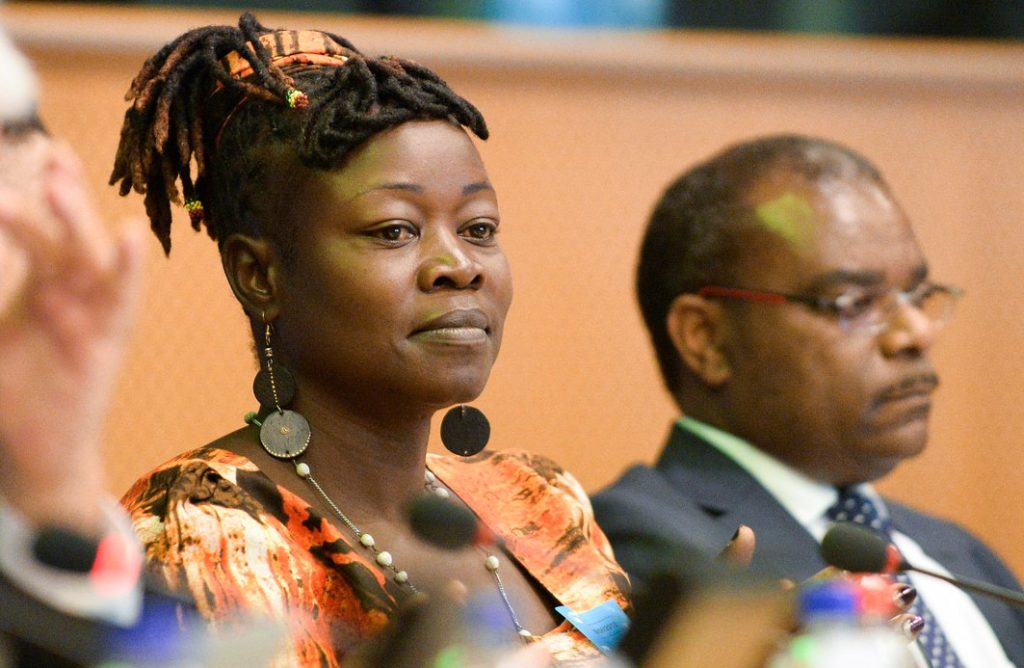Doris Schroeder, University of Central Lancashire and Co-ordinator of the TRUST project
Have you ever taken part in research? Perhaps you filled in a health questionnaire on your blood pressure and eating habits? Maybe you shared your views on Brexit? Or donated blood samples for anaemia research? If so, the chances are that you understood the purpose of the research, found it interesting and relevant to you, were compensated for any potential harm caused, and – most importantly – did not feel exploited.
None of the above can be taken for granted for research participants in low- and middle-income countries (LMICs). Research participants might be recruited into studies without even understanding they are involved in research. If so, they wouldn’t be aware of their rights in case of harm. Or if they were, they might face major difficulties in receiving compensation.
In other cases of exploitation, they might be asked highly upsetting questions about deaths in their communities, in a study that may not have been approved by local ethics committees. Or their genetic samples might be sold for commercial profit, against benefit sharing legislation. If the researchers involved in such cases come from high-income countries and undertake their research in LMICs, the European Commission talks of ‘ethics dumping’. This describes the practice of exporting European or high-income country research practices into countries that may not have the resources to stop exploitation.
What can be done? Research funders are in a prime position to counter ethics dumping. They provide the conditions for funding, which researchers have to accept – setting the tone with carrots rather than sticks. But funders still need mechanisms that can be applied to counter ethics dumping. Ideally, such mechanisms should be used by ethics committees and be suitable as guidance for all those involved in collaborative international research.
In June 2018, the European Commission adopted the Global Code of Conduct for Research in Resource-poor Settings. This ground-breaking step, means that from now on all applicants to Horizon 2020 – and Horizon Europe in the future – will have to apply the code if they undertake research in resource-poor settings.

Ron Iphofen, an adviser on research ethics to the European Commission, believes the code will have a profound impact on how funding proposals to the EU are designed and reviewed. “I could envisage reviewers now looking suspiciously at any application for funds that entailed research by wealthy nations on the less wealthy that did not mention the code,” he says in a Nature article.
“I could envisage reviewers now looking suspiciously at any application for funds that entailed research by wealthy nations on the less wealthy that did not mention the code.”
The code was developed by the TRUST project, which unites a global consortium with a majority of women leaders. Importantly, TRUST chose a co-creation approach, which involved representatives of vulnerable populations as equal partners from the start; from the proposal writing to the current dissemination phase. In particular, representatives from the San community in the Kalahari and of sex workers from an informal settlement in Nairobi provided input at each stage of the process.

23 short, accessible articles guide researchers and research funders through the labyrinth of questions in collaborative research involving resource-poor settings. The aim of the code is to stamp out double standards in research and support long-term equitable research partnerships.
This week, the European & Developing Countries Clinical Trials Partnership (EDCTP) followed and adopted the code for their wide-ranging funding schemes. Again, those applying for EDCTP funding will now need to show how the code applies to their work in Sub-Saharan Africa. EDCTP’s Executive Director, Dr Michael Makanga, noted: “We want to take the lead in the field for other funding agencies to follow.”
“We want to take the lead in the field for other funding agencies to follow.”
Taking the lead in ethical research means to promote fairness, respect, care and honesty. These are the four values of the new code and the four values of the previously launched San Code of Research Ethics.What does it mean if these values are not respected? This song made by young San (a collective name for Khoisan-speaking indigenous groups in Southern Africa) asks researchers to be fair, to be respectful, to take care and to be honest.
As Joyce Adhiambo Odhiambo, a Kenyan sex worker educator and activist for women’s health, said at the launch of the Global Code in the European Parliament in June: “Is that too much to ask?”
Contact Doris Schroeder for more information about the TRUST project.
Image credit: Tamanna Rumee
